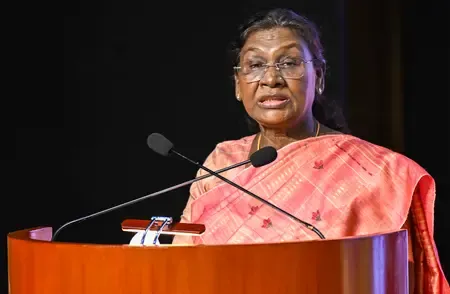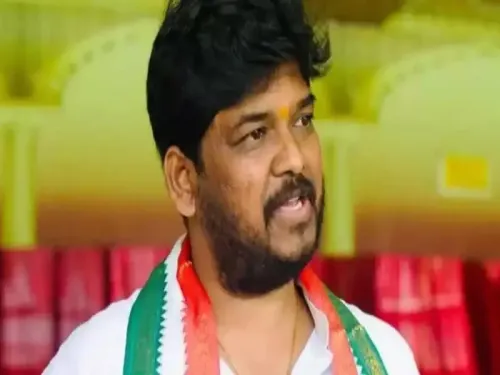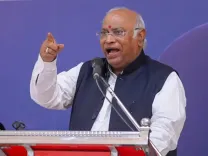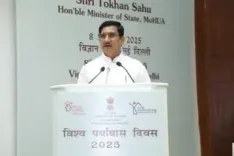Why is the Central Government Refusing to Waive Loans for Wayanad Landslide Victims?
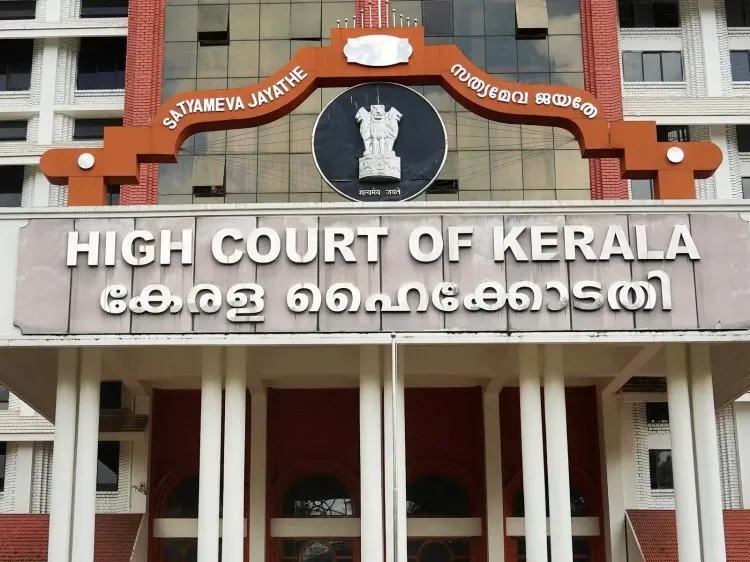
Synopsis
Key Takeaways
- The Kerala High Court criticized the Central government's inaction on loan waivers.
- The July 30, 2024 landslides devastated multiple villages.
- Over 200 lives were lost due to the disaster.
- Transparency from the government is crucial in crises.
- The court aims to hold banks accountable in the recovery of loans.
Kochi, Oct 8 (NationPress) The Kerala High Court expressed profound dissatisfaction with the Central government concerning its refusal to waive loans for individuals impacted by the 2024 Wayanad landslides.
The disaster, which struck on July 30, 2024, devastated four villages, resulted in numerous injuries, claimed over 200 lives, and left 32 individuals unaccounted for.
A Division Bench of the High Court criticized the Union government for what it termed as “bureaucratic babble” and a lack of support for the citizens of Kerala during this crisis.
During the proceedings, the Bench stated to the Central government’s representative, “Please inform the Union Government that it has let down the people of Kerala. We clearly stated that this is not a scenario where the Union is incapable of action. Through this affidavit, you have again demonstrated that you are evading responsibility behind this claim of powerlessness. Why is this being done?”
The Bench reacted to the Centre’s argument that no legal framework exists for waiving bank loans for victims of natural disasters.
“This is merely bureaucratic jargon. It is not about the Union's ability to act, but rather its willingness to do so. If there is a lack of willingness, have the audacity to admit it. Who are you attempting to deceive?” they questioned.
The Court further insisted on the necessity for the government to be transparent regarding its stance.
“Please convey to your government that such tactics will not succeed. If they have the courage, let them openly declare that they are unwilling to assist. The people deserve to know that during such challenging times, the Union government has failed them,” the court remarked.
“That said, we cannot lower ourselves to their level. Our sense of Constitutional morality necessitates that we uphold the principle of separation of powers; therefore, we will not be directing the Union government. This reflects our generosity and as an integral part of the State, which respects the Constitution. Enough is enough. We do not require charity from the Union,” it stated.
Subsequently, it requested a list of banks and financial institutions under Union control. It also acknowledged that, regarding certain state-controlled banks, loan waivers are being implemented.
Identifying banks such as Bank of Baroda and Canara Bank, the Bench noted it would involve those banks and issue them notices while temporarily halting recovery actions.
“We will provide them the chance to request a modification of this interim order after submitting a counter-affidavit, in which they will detail whether they will waive the entire loan or not. If they choose not to waive the loan, either fully or partially, they should provide justifications for this insistence in light of this disastrous situation,” the court added and adjourned the case for two weeks.



